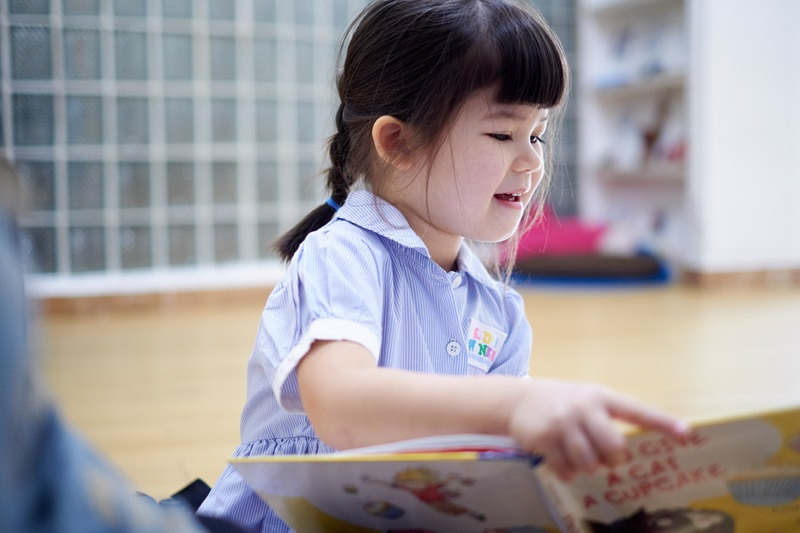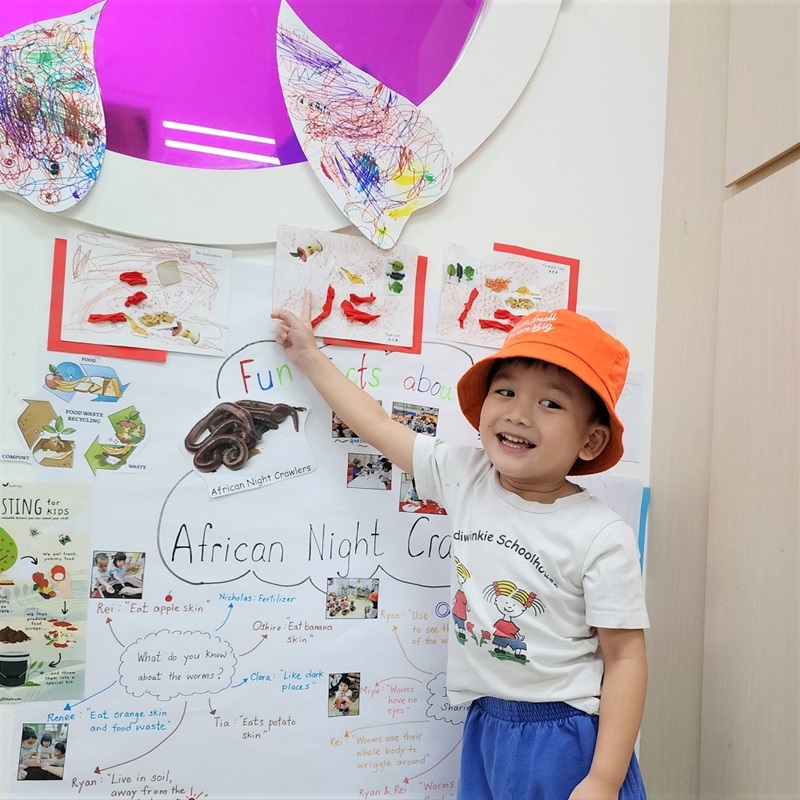
Most parents are aware that phonics is an effective way of teaching children to read. ‘Phonics’, in fact, is a key buzzword for parents whose little ones are learning to read and write. But many parents today did not learn to read with phonics themselves when they were growing up.
What do you really know about phonics and how can it benefit and support your preschooler’s learning?
What exactly is phonics?
The concept of phonics is a simple one. It teaches children that sounds and letters have a relationship. Through phonics instruction, children learn that different letters have different sounds or pronunciations. Once they have mastered this understanding (for example, that ‘u’ is pronounced with a short ‘oo’ sound and that ‘th’ should be pronounced with the tongue touching the teeth), they learn to blend the sounds together in order to read new words effectively.
Research shows that when embedded in a rich literacy environment, teaching phonics is considerably more effective on average than any other approach to early reading. In fact, phonics works particularly well to boost the reading skills of children aged between 4 and 7 years, adding as much as an additional five months of progress to children learning to read.

Can I start my preschooler on a phonics programme straightaway?
The best time to start children on phonics is when early reading starts to take place, and when attention, short-term memory, and long-term memory are developing as preschoolers. This is why it is ideal for phonics learning to begin before primary school in Singapore.
However, it is important to note that not all preschoolers are ready to start phonics at the same time. Children must be developmentally ready first.
Some important signs of readiness include:
1. Your child has phonological awareness and can make up their own rhymes, isolate sounds, and can tap out the number of syllables in a word (e.g. three taps for ‘a-ma-zing’)
2. Your child is able to associate printed words with the story they are listening to.
3. Your child is familiar with all 26 letters of the alphabet.
4. Your child shows interest in reading and enjoys reading together with parents. They are engaged and involved in the story and are keen to explore books.
How can parents support children with phonics learning at home?
Children who are learning phonics in school do even better when this learning is reinforced at home.
1. Check in with your preschooler’s teachers. There may be specific activities that they have in mind that will best support their learning in school.
2. Keep it easy and fun! Remember that learning to read should be enjoyable, and not a chore. Start with simple things like encouraging your child to make the sounds for beginning letters of a word, such as ‘buh’ for ‘big’.
3. Integrate phonics practice into everyday life. While out and about, look for simple words on signs or on menus. Pick short, simple words to boost their confidence, and get them to pick out the individual letter sounds.

4. Make it into a game! When reading, or when you are out with your children, ask them to look for words that you give them. For example, ask them where the word ‘cow’ is on the page, or where the word ‘left’ is on a sign.
5. Even if your child is growing more proficient in reading, continue to read to them. Children learn best by mimicking adult behaviour, and listening to their parents read is not only an excellent way of learning to pronounce oddly spelt words (such as ‘enough’) but also to bond with each other.
How do preschool teachers in Singapore prepare children for primary school?
In KiddiWinkie Schoolhouse, phonics is carefully worked into the language and literacy programme, with plenty of thoughtful exercises and programmes to support children’s reading. With components like String-A-Word, our preschoolers map out their own reading journey with ample guidance from teachers by discovering new words and constructing sentences with the words learnt.
The KiddiWinkie Schoolhouse special Super Readers, Super Heroes programme is also specially designed to build English language acquisition skills, building children’s reading confidence as they progress through various reading stages.
Find out more about how we integrate phonics into our curriculum and how we prepare your child to read. Book a tour at your preferred KiddiWinkie Schoolhouse location today.
Follow us on social media to stay updated on our latest updates and happenings:





